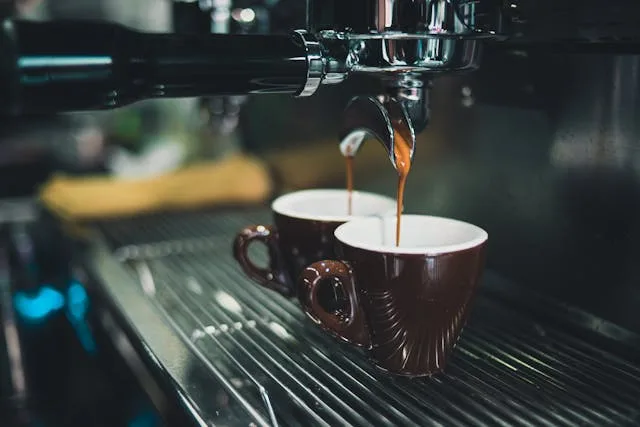For millions, caffeine is part of the daily ritual—whether in coffee, tea, soda, chocolate, or energy drinks. It’s renowned for boosting focus and beating fatigue. But a new study from Montreal University uncovers a surprising twist: caffeine doesn’t clock out when you do.
Using EEG monitoring and artificial intelligence, researchers studied 40 healthy adults during sleep. They found that caffeine doesn’t just fade away after bedtime—it alters brain function through the night. Specifically, it increases the complexity of brain signals, keeping the brain unusually active, as if it were still partially awake.
This heightened activity can be beneficial during the day, sharpening our thoughts and reactions. However, when this alertness spills into our sleep cycles, it interferes with the brain’s ability to rest, repair, and recharge. Even if someone falls asleep, their mind may remain in a semi-wakeful state, impacting sleep quality and next-day performance.
The findings help explain why some people feel groggy or mentally exhausted despite getting a full night’s sleep—especially if caffeine was consumed too late in the day. The effects aren’t limited to insomnia; even unnoticed changes in brain rhythms can reduce the restorative power of sleep.
In a world that runs on caffeine, these insights invite a serious rethink of how we time our last cup. For better sleep and healthier brains, it might be time to consider a caffeine curfew.


